Introduction
Agile and energetic, Border Collies need the best diet for Border Collie to thrive.
- To support their active lifestyle, they need a well-balanced, nutritious diet
- The right food can improve their performance, health, and longevity
- Understanding their dietary needs is crucial for optimal physical and mental development
- This article offers top nutrition tips and food recommendations for your Border Collie
- Keep reading to learn how to keep your Border Collie happy, healthy, and thriving
1. Nutritional Needs of a Border Collie
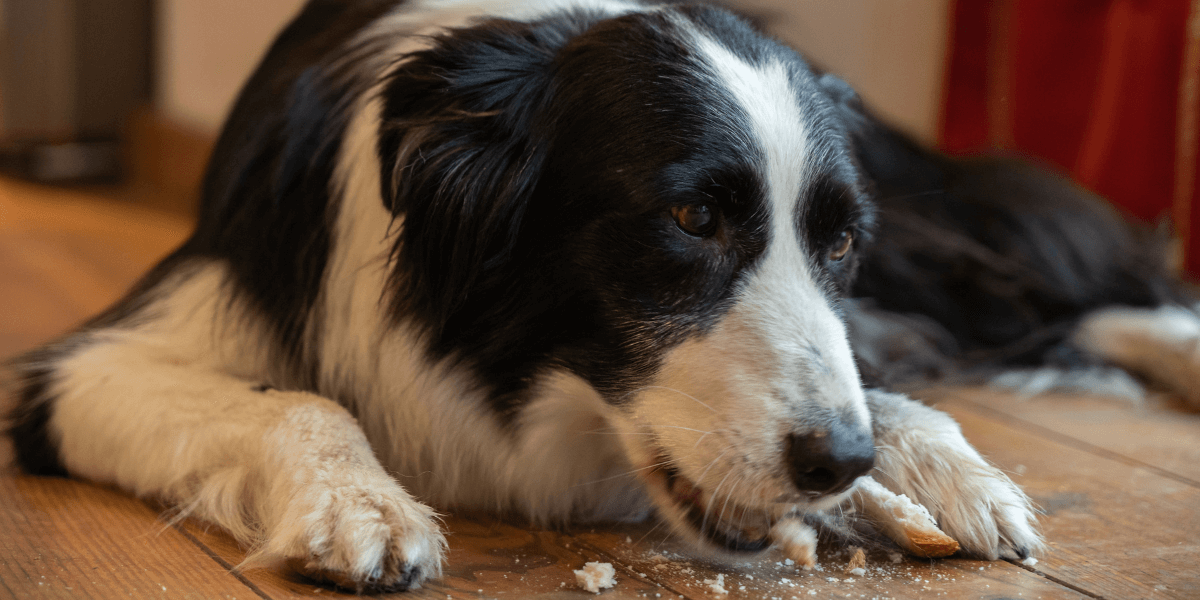
Border Collies have unique nutritional needs that vary based on their activity levels.
- High protein intake: Protein is essential for muscle development and energy
- Healthy fats: Fats provide energy and keep their coats shiny and healthy
- Complex carbohydrates: These provide sustained energy throughout the day
- Vitamins and minerals: Support immune function and overall well-being
- Calcium and phosphorus: Essential for bone health and joint support
- Fiber: Aids digestion and promotes gut health in active dogs
- Omega-3 fatty acids: Supports brain function and reduces inflammation
2. Best Types of Food for a Border Collie
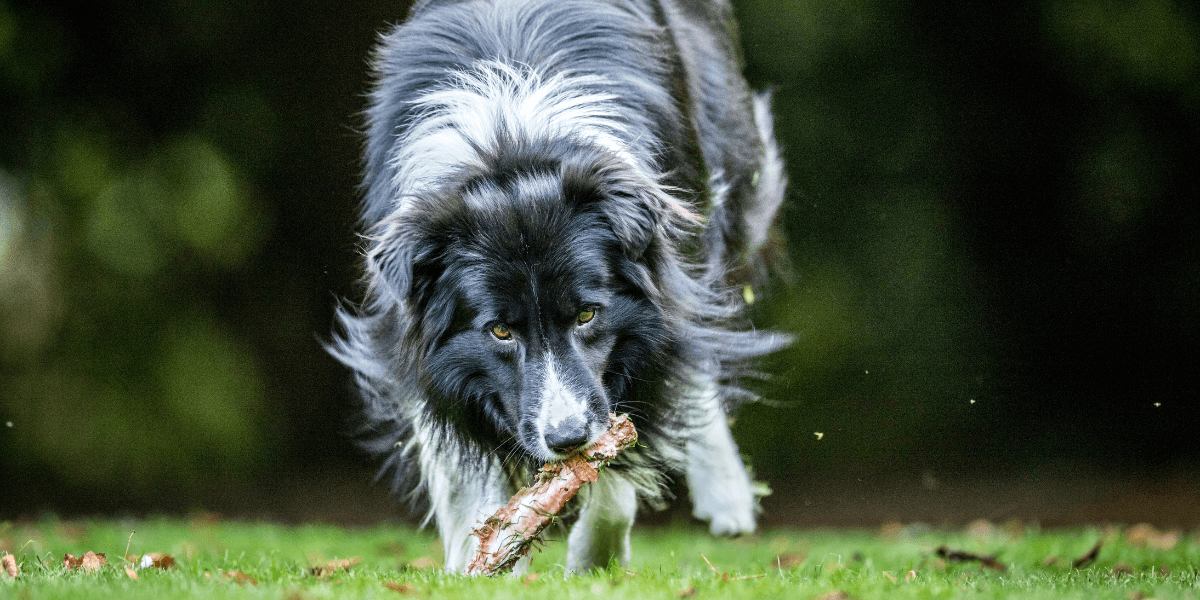
Selecting the Best Diet for Border Collie is essential for their health and lifestyle.
- Dry kibble: Convenient and balanced but ensure it contains high-quality ingredients
- Wet food: Higher moisture content, but watch out for excess sodium
- Raw food diet: Mimics their natural diet but should be prepared carefully
- Grain-free food: Good for dogs with grain sensitivities or allergies
- Homemade meals: Offers control over ingredients but requires careful balancing
- Freeze-dried food: Retains nutrients and is easy to store but can be expensive
- High-protein formulas: Best for working or highly active Border Collies
3. Foods to Avoid for Border Collies
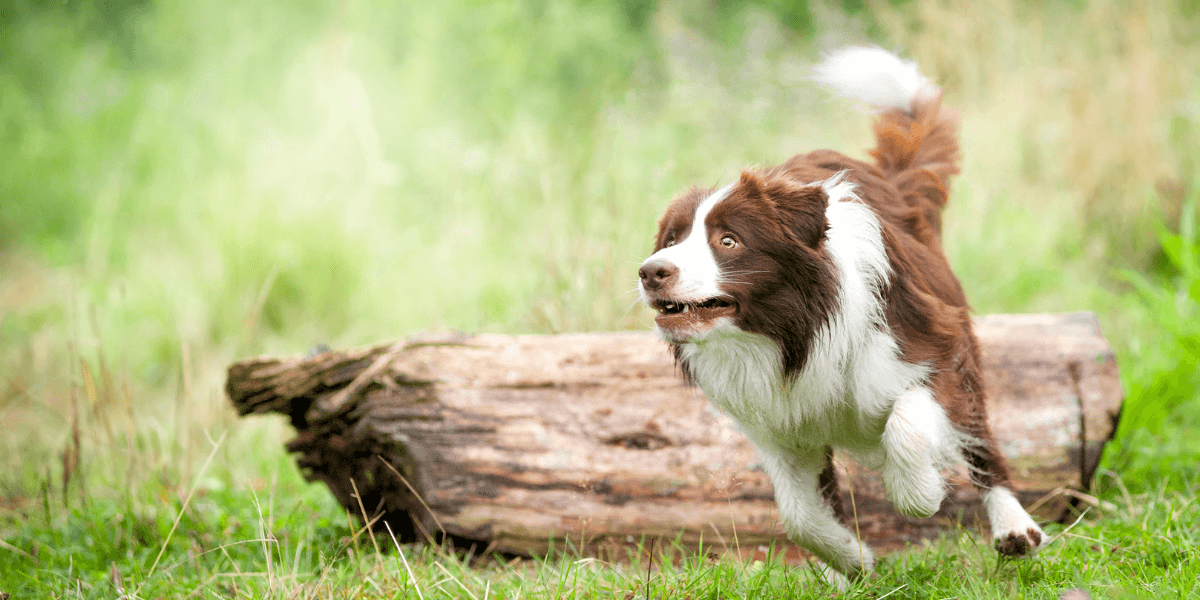
Certain foods can be harmful or toxic to Border Collies and should be strictly avoided.
- Chocolate: Contains theobromine, which is toxic to dogs
- Grapes and raisins: Can cause kidney failure in dogs even in small amounts
- Onions and garlic: Damage red blood cells and cause anemia in dogs
- Xylitol: An artificial sweetener that can lead to liver failure
- Alcohol: Even small amounts can be dangerous to a dog’s central nervous system
- Cooked bones: Can splinter and cause internal injuries or blockages
- Fat trimmings: May cause pancreatitis, a serious and painful condition
4. Puppy Diet for a Growing Border Collie
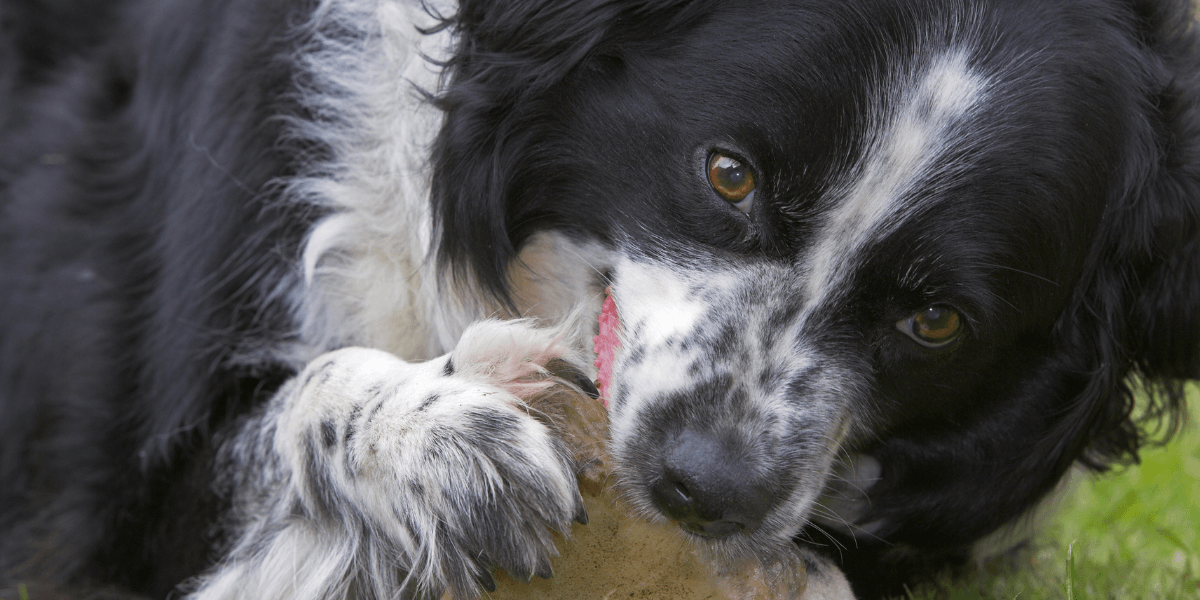
Puppies need a diet specifically designed to support their rapid growth and development.
- Puppy-specific formulas: Formulated with higher protein and fat for growing dogs
- Smaller kibble size: Easier for puppies to chew and digest than adult kibble
- Frequent meals: Puppies should eat 3-4 small meals a day to maintain energy levels
- DHA and EPA: These omega-3 fatty acids help with brain and eye development
- Calcium-rich diet: Supports bone growth and prevents developmental issues
- Monitor portions: Avoid overfeeding to prevent obesity and growth problems
- Transitioning food: Gradually switch to adult food when your puppy reaches maturity
Ensure your Border Collie puppy's growth with proper nutrition; explore our guide to the best foods and supplements.
5. Senior Border Collie Diet
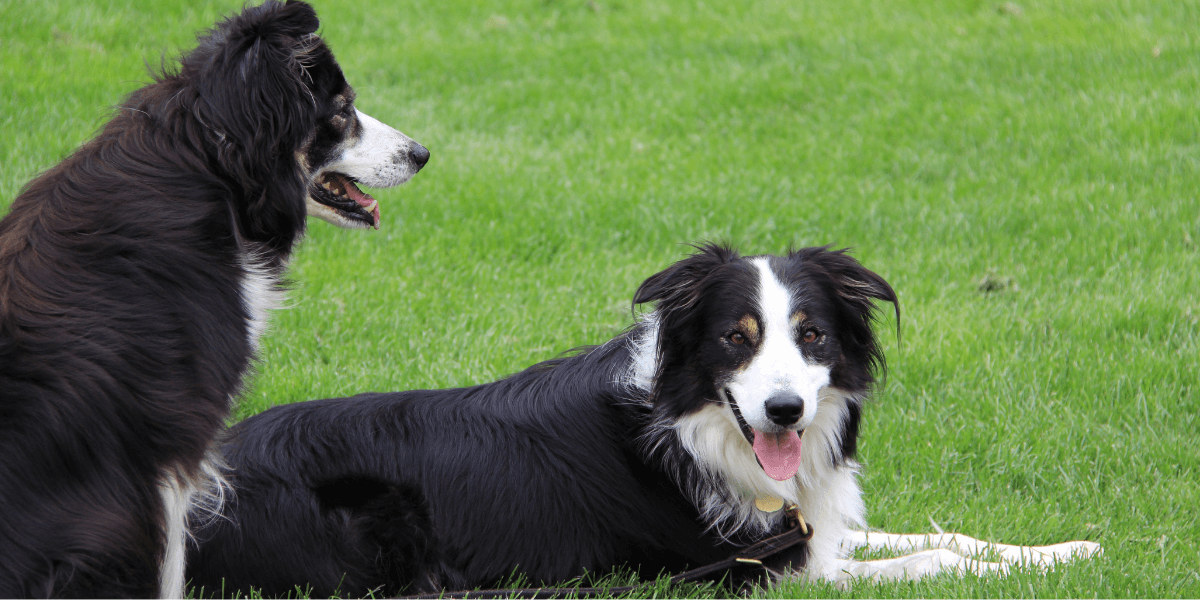
The Best Diet for Border Collie adjusts for age with fewer calories and joint support.
- Lower calories: Seniors need fewer calories to maintain a healthy weight
- Joint supplements: Look for foods with glucosamine and chondroitin for joint support
- Easily digestible foods: Older dogs may struggle with digestion, requiring gentler foods
- Antioxidant-rich diets: Supports cognitive health and fight age-related diseases
- Higher fiber: Helps maintain healthy digestion in aging dogs
- Weight management formulas: Ideal for senior dogs to prevent obesity
- Regular vet check-ups: Monitor weight and adjust diet as needed
6. How Much Food Should a Border Collie Eat

Your Border Collie's food amount varies by size, age, and activity level.
- Consult a vet: Get personalized advice based on your dog’s specific needs
- Follow food packaging guidelines: Use the suggested serving sizes as a baseline
- Adjust for activity level: Active Border Collies need more calories than less active
- Avoid free-feeding: Establish a feeding schedule to prevent overeating
- Monitor body condition: Adjust portions if your dog gains or loses weight unexpectedly
- Track treats: Treats should make up no more than 10% of their daily calorie intake
- Hydration: Always provide fresh water, especially if feeding dry kibble
Learn how much to feed your Border Collie for optimal health; check out our top 10 tips for raising a healthy companion.
7. Best Brands for Border Collie Food
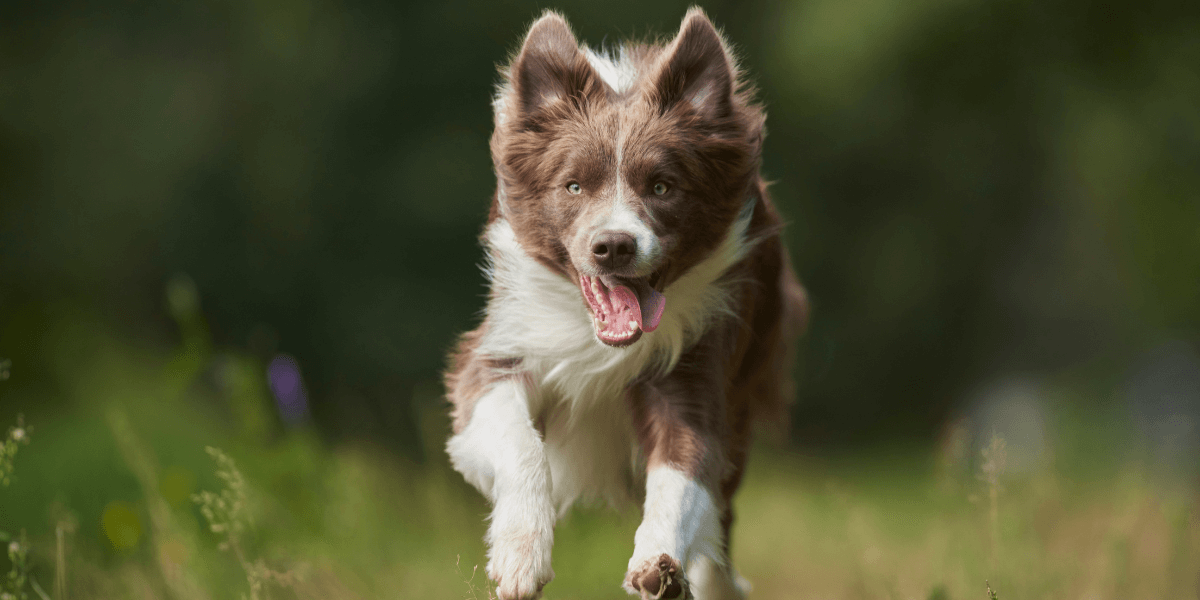
Many top dog food brands provide high-quality, balanced nutrition for Border Collies.
- Orijen: Offers biologically appropriate, high-protein dog food
- Blue Buffalo: Known for natural ingredients and no artificial additives
- Taste of the Wild: Offers grain-free and high-protein options for active dogs
- Royal Canin: Provides breed-specific formulas and excellent quality control
- Hill’s Science Diet: Vet-recommended with balanced nutrition for every life stage
- Merrick: Focuses on real, whole foods with no fillers or by-products
- Wellness CORE: A high-protein formula with plenty of antioxidants and omega-3s
Discover the best brands for Border Collie food; consult a vet's guide to the healthiest diets for your dog.
FAQs
1. What is the best food for an active Border Collie?
- High-protein diets support energy and muscle in the best diet for Border Collie
2. How often should I feed my Border Collie?
- Adult Border Collies usually need two meals per day; puppies need three to four
3. Can Border Collies eat human food?
- Some human foods are safe, but many, like chocolate and grapes, are toxic to dogs
4. How do I know if my Border Collie has a food allergy?
- Symptoms include itching, gastrointestinal issues, and sometimes ear infections
5. Is a raw diet good for Border Collies?
- Raw diets can work if well-balanced, but they require careful preparation
6. Do Border Collies need supplements?
- A balanced diet covers most needs, but active or senior dogs may need glucosamine
7. What should I do if my Border Collie refuses to eat?
- If your dog isn’t eating, consult a vet to rule out health issues or dietary problems
Conclusion
- Proper nutrition is key to keeping your Border Collie healthy and active
- Choose high-quality food that supports their specific life stage and energy levels
- Avoid feeding them harmful foods like chocolate, onions, and grapes
- Adjust portions based on activity level, age, and weight to maintain health
- Always provide fresh water and consult your vet for tailored nutritional advice
- Invest in quality brands that prioritize balanced nutrition for optimal health
Enjoyed our guide on the Best Diet for Border Collie? Like or share this blog article!
References
For more info on the Best Diet for Border Collie, check out these resources:



